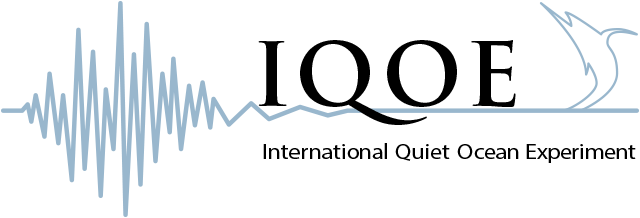JONAS aims to address the risks of acoustic pressures on biodiversity focusing on sensitive receptor species in the NE Atlantic by streamlining ocean noise monitoring and risk prediction. Cost effective, risk-based approaches to monitoring and modelling noise across the maritime territories of the Atlantic Arc countries (France, Ireland, Portugal Spain and the UK) will be developed; these will be appropriate to the scale of the area, the levels of anthropogenic pressure, and the susceptibility of receptor species. JONAS draws on the outcomes of the BIAS Life+ project, adapting and generalising methods and standards from the Baltic to reflect the scale and complex oceanography of the NE Atlantic region. JONAS will also cooperate closely with the JOMOPANS project, which is currently addressing underwater noise in the adjoining North Sea Area, and QUIETMED in the Mediterranean. JONAS will address real-time noise management at local scale in particularly sensitive areas and support policy partners to develop Regional-scale approaches that benefit vulnerable biodiversity and support MSFD implementation. The value of JONAS will be maximised by creating an innovative common operational platform and providing maritime decision support for both real-time and long-term adaptive management of sensitive marine areas.
